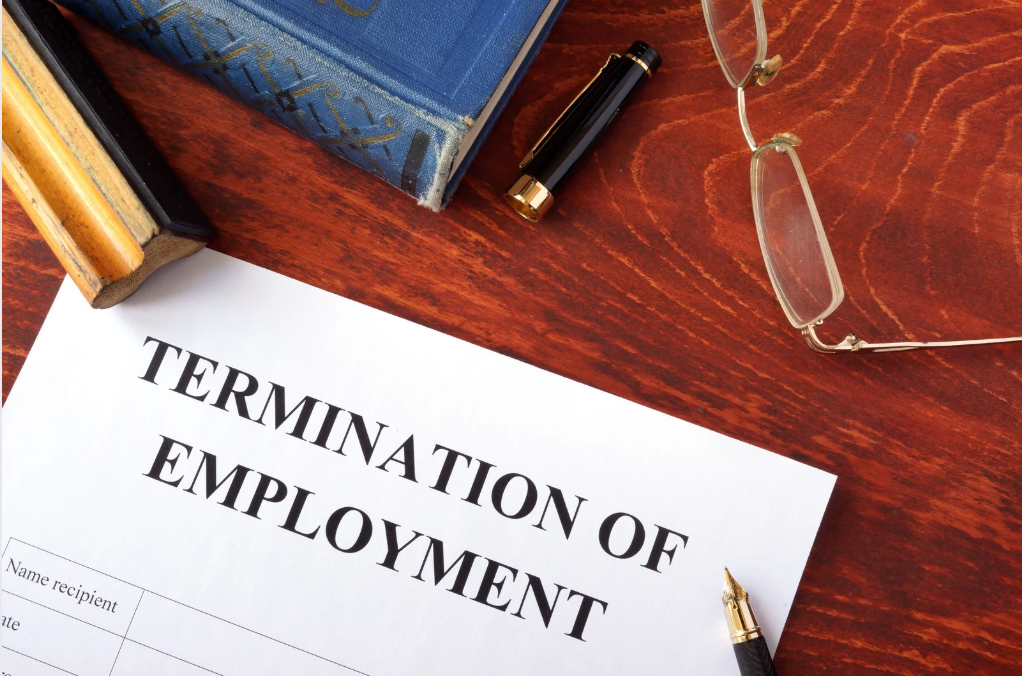Retaliation and Reporting Workplace Harassment
Our Wrongful Termination Lawyer Discusses Retaliation in the Workplace
Workplace harassment can make it impossible to enjoy your job. In some cases, harassment is so prevalent and severe that your workplace turns hostile. Working in a hostile workplace can damage your reputation as well as your mental health. Fortunately, state and federal laws require employers to resolve instances of workplace harassment.
Workers can also report their employers for harassment for failing to resolve a hostile workplace. Employers cannot retaliate against workers who report legitimate instances of harassment without running afoul of the law. If an employer fires an employee under such circumstances, then it may qualify as retaliation and wrongful termination.
What Is Retaliation?
Retaliation occurs when an employer takes negative employment action against an employee who is engaging in a legally protected activity. Examples of legally protected activities may include whistleblowing, which is where an employee reports an employer’s misconduct, incompetence or illegal behavior.
Since harassment can fall under illegal behavior, employers cannot pursue negative employment actions against employees reporting harassment.
Can I Sue for Retaliation?
If you suffered damages as a result of employer retaliation, then you may be able to pursue monetary compensation against your current or former employer. You should speak with our San Diego employment attorney to learn more about your potential options for filing a lawsuit. The Gould Firm offers free consultations.
How much you can recover from a retaliation lawsuit depends on the circumstances. Each case is different. You may be able to recover compensation for damages that include:
- Lost benefits
- Loss of future earnings
- Backpay
- Pain and suffering
What Are Some Examples of Retaliation?
Retaliation may occur during a number of scenarios. Common examples include:
- Salary reduction. Reducing someone’s salary or demoting them from a higher position may be an example of retaliation.
- Job termination. Firing an employee is one of the most common examples of workplace retaliation.
- Job or shift reassignment. Some employers may try to commit retaliation “under the radar” by moving an employee into a difficult or less attractive position. In other cases, an employer may move an employee’s job location. The true purpose behind each action may be to convince an employee to quit.
- General disciplinary actions. Under the right circumstances, regular disciplinary actions may also count as retaliation against an employee. For instance, subjecting someone to increased supervision or negative performance reviews may be retaliation if those actions resulted from a legally protected activity.
For example, it may be retaliation if you report your employer for repeated instances of quid pro quo sexual harassment, your employer finds out, and then fires you the next day.
Whether action can be legally considered retaliation depends on the circumstances. We encourage you to contact our retaliation attorney to discuss your situation.
How to Prove Retaliation in the Workplace
Evidence of retaliation can help strengthen the merits of an eventual lawsuit. Ultimately, you need to prove that you were engaging in a legally protected activity and your employer took negative action against you as a result.
Types of evidence that may factor into a retaliation case include:
- Employment contracts
- Text messages
- Emails
- Social media posts
- Voicemails
- Witness testimony
You should consider working with an attorney early on if your employer fails to resolve workplace harassment. An employment law attorney can help you compile and protect evidence that may be useful during a lawsuit. In addition, an attorney may be able to protect you from additional instances of retaliation.
Contact Our Wrongful Termination Lawyer for a Free Consultation
Retaliation can lead to job termination and harm to your professional reputation. However, you may have options to hold your former employer accountable for your damages.
Schedule a free consultation with our wrongful termination lawyer by dialing (619) 941-0667 or using the contact form on our site.










